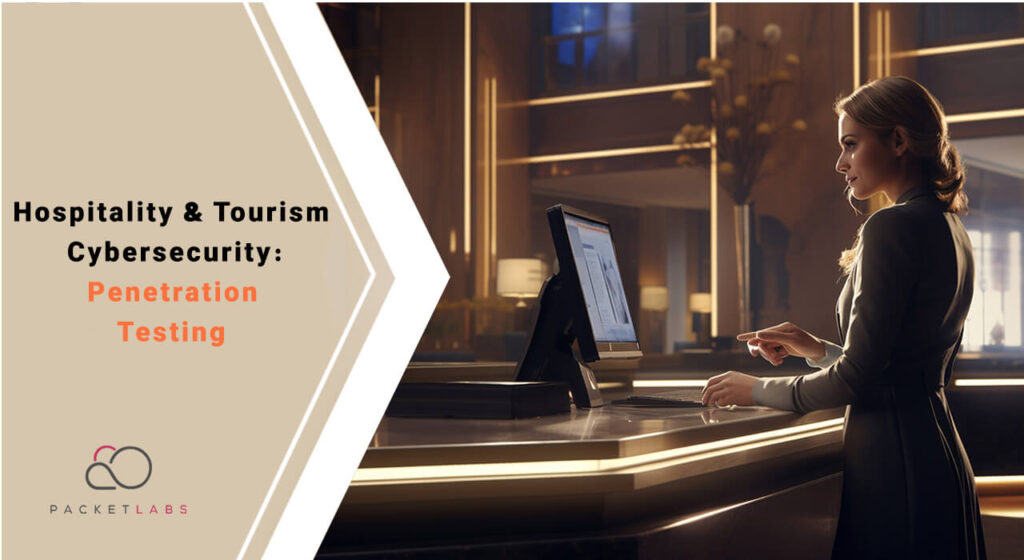
The hospitality and tourism industry, a cornerstone of the Australian economy, is increasingly embracing digital innovation. While this digital shift has enhanced customer service and operational efficiency, it has also raised significant cybersecurity concerns. This article addresses the unique cybersecurity challenges within the hospitality and tourism sector and underscores the importance of penetration testing in safeguarding businesses and customer data.
Cybersecurity Challenges in Hospitality and Tourism
1. Sensitive Data Handling
Hotels, travel agencies, and related businesses store vast amounts of personal and financial data, making them attractive targets for cybercriminals.
2. High Volume of Online Transactions
Online booking systems are a hub for financial transactions, which need robust security measures to prevent fraud and data breaches.
3. Complex IT Infrastructures
The diverse and interconnected IT systems used in hospitality, from reservation systems to guest service platforms, present multiple potential points of vulnerability.
4. Reputation and Trust
A single cybersecurity incident can significantly damage a brand’s reputation, leading to a loss of customer trust and revenue.
The Role of Penetration Testing
Penetration testing is a critical tool for identifying and addressing vulnerabilities in the cybersecurity defenses of the hospitality and tourism sector. Its key benefits include:
1. Uncovering Vulnerabilities
Penetration testing provides a realistic assessment of the security posture, identifying weaknesses that could be exploited by hackers.
2. Enhancing Data Protection
Regular testing helps ensure the safety of sensitive customer data and compliance with data protection laws.
3. Preventing Financial Losses
By identifying and rectifying security gaps, penetration testing can prevent costly breaches and fraud.
4. Maintaining Customer Confidence
Demonstrating a commitment to cybersecurity can enhance customer trust in a brand.
Penetration Testing Best Practices for Hospitality & Tourism
Effective penetration testing in the hospitality and tourism industry involves:
1. Engaging with Specialized Cybersecurity Experts
Partner with cybersecurity firms that have experience in the hospitality and tourism industry.
2. Regular and Comprehensive Testing
Conduct penetration tests regularly to keep up with new threats and changing IT infrastructures.
3. Incorporating Test Results into Security Measures
Use insights from penetration tests to continuously improve cybersecurity strategies.
4. Training Staff on Cybersecurity Best Practices
Educate employees about potential cyber threats and their role in maintaining security.
For the hospitality and tourism industry in Australia, penetration testing is not just a compliance requirement but a critical component of a robust cybersecurity strategy. By proactively identifying and addressing vulnerabilities, businesses in this sector can protect sensitive data, maintain customer trust, and ensure the continuity of their operations. As the industry continues to evolve digitally, the significance of regular and thorough penetration testing remains paramount.
